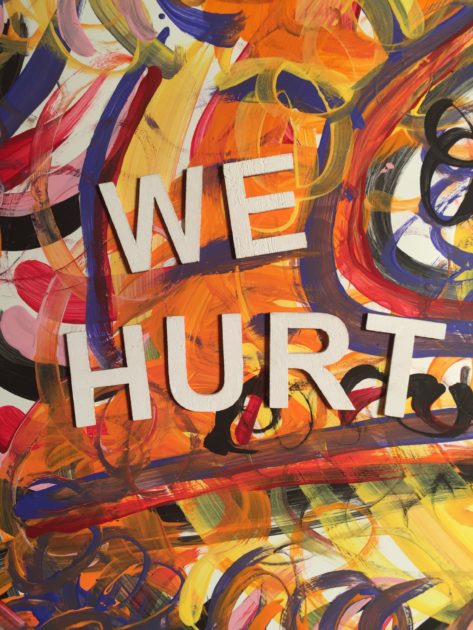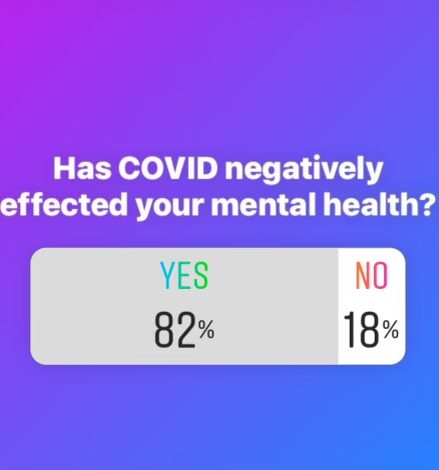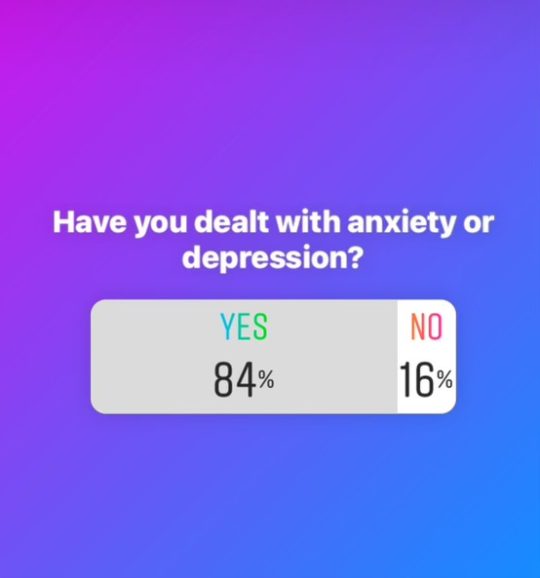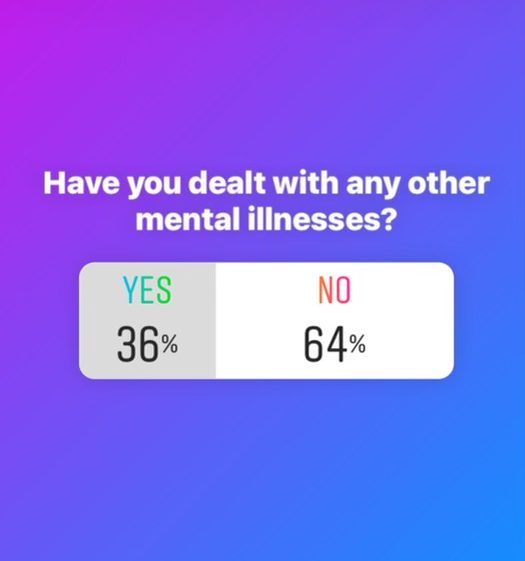Last Sunday was Mental Health Awareness Day, a day that can resonate for every person you know.
The purpose of this holiday is to raise awareness of mental health issues around the world and normalize mental health care.
Although mental health challenges are a globally pervasive issue, college students have had to face it intensely, especially with COVID-19 going on and all the changes that have happened.
Going to college can be stressful for many students. They have to deal with the separation of family and attend to numerous new responsibilities that they did not have to take on before.
Many of these students are still relatively young and depend on their parents financially. Not only do they have financial stress, but academic stress can take a toll on one’s mental health as well.
Personally, I understand what it is like to have hindered mental health as a college student. Before COVID-19, I had anxiety and took meds for it. And I still do.

Unfortunately, anxiety, depression, eating disorders, panic disorders–have all just become a part of the norm in a college student’s life.
Before COVID-19, I had anxiety about just about every aspect of life including getting the perfect grades in school, working enough to be financially stable, preparing for the LSAT to get a good score in order to get into a good law school, maintaining healthy relationships…you name it.
But then, COVID-19 happened. I know I am not just speaking for myself when I say COVID-19 really took a toll on my mental state. My energy, my desire for certain things, decreased. I have always been someone who enjoyed school, wanted to learn, but learning from home was not for me.
I would log in to class from the comfort of my bed, not really paying attention to the faces on my laptop screen. Because I had to be home, I had no motivation to study like I normally would if I had somewhere to go and friends to study with. Because of this, my depression increased immensely because school was not the same as it used to be.
Part of school included seeing friends every day, just having the act of walking on campus, seeing people in general, going to the cafe, but I couldn’t do that anymore.
My anxiety skyrocketed because financially I had to figure out what to do with myself. I couldn’t work nearly as much and all of my jobs were either shut down or my hours were decreased. I had to figure out how to make money in the heat of businesses and schools closing.
During COVID-19, I also ate a hell of a lot more since I was home more, which in turn made me gain weight, which in turn, made me self-conscious of my body a lot more.
Despite things being somewhat back to normal, my anxiety and my depression are still relevant and still exist. I still am self-conscious about my body. Although it is not as bad as it was during COVID-19, I still gotta take my meds and still have to keep myself motivated day after day. And like I said, I’m not the only one.
In a Chimes run survey, 82% of Capital students who voted said that COVID-19 negatively affected their mental health, 84% saying that these mental illnesses that they dealt with were anxiety or depression.
Although anxiety and depression are the primary illnesses that people deal with, they are not the only ones. 64% of students said that they had to deal with another mental illness besides anxiety and depression.
Mental health is real. These issues are prevalent. Check on your friends, your family, your loved ones…because who knows, the issues they’re facing could be similar to yours, and at the end of the day, we can all help each other out.





